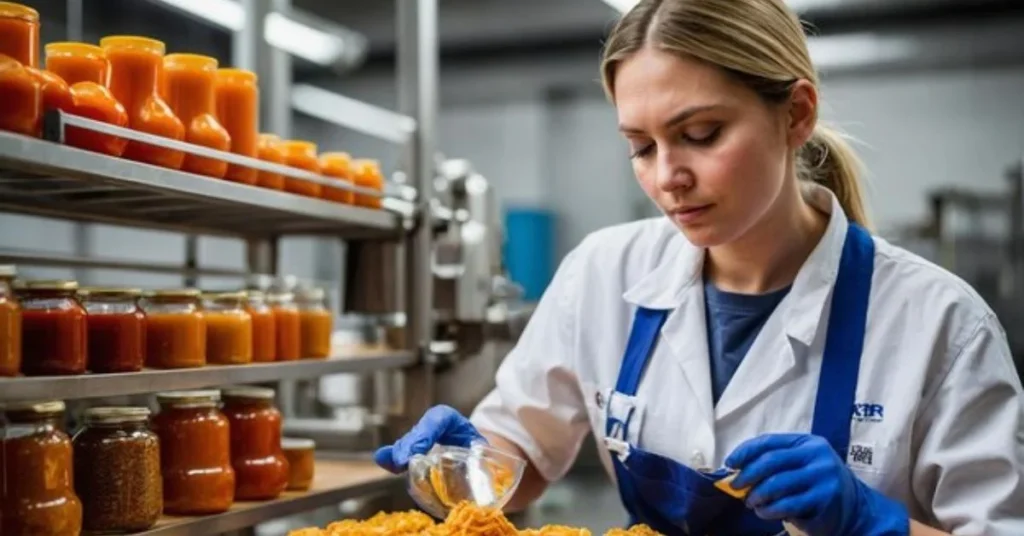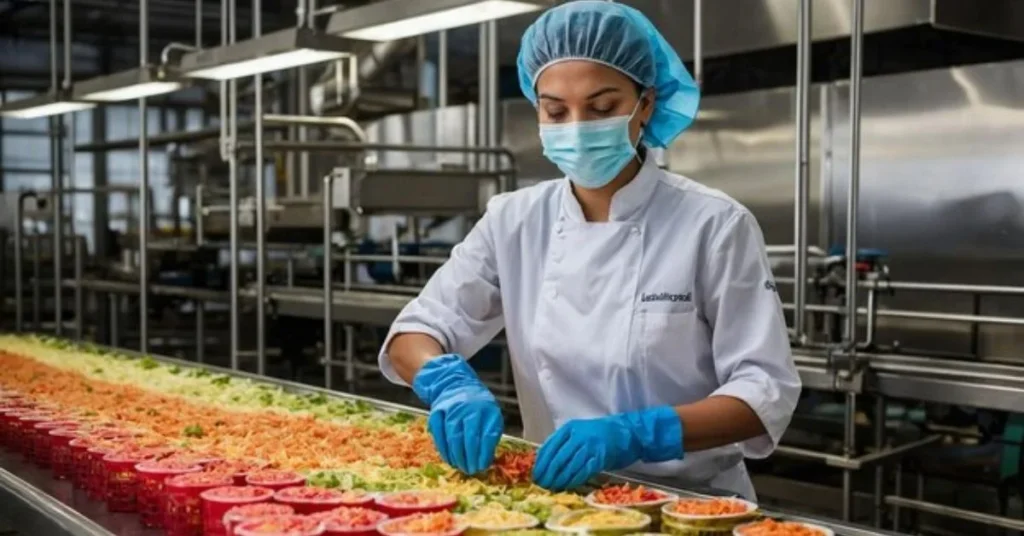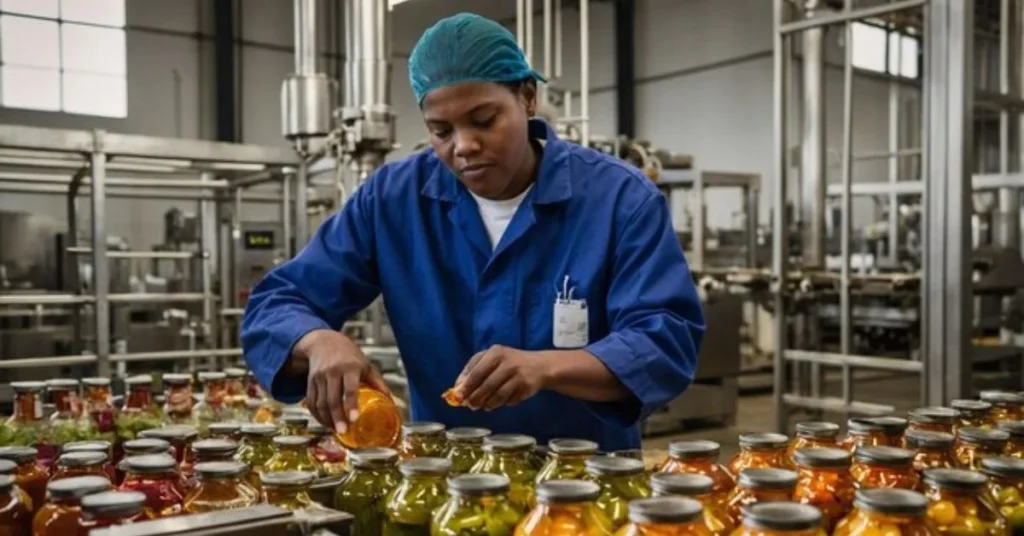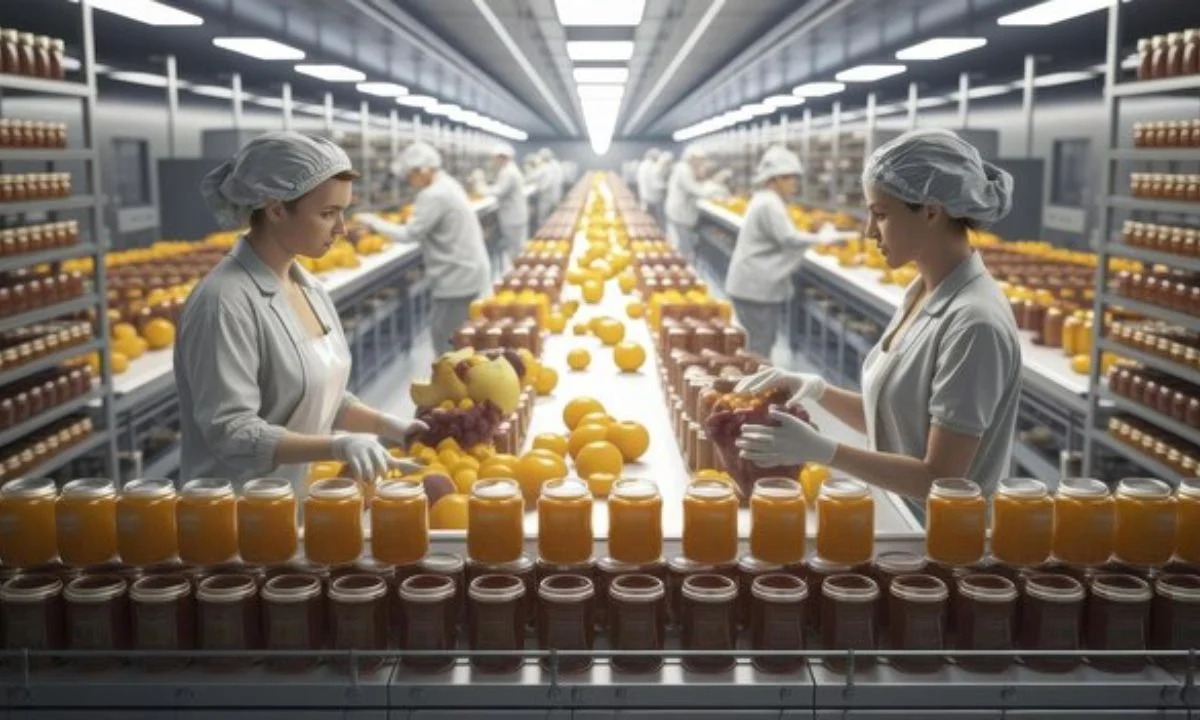Valuing a small specialty food manufacturer is crucial when considering selling, attracting investors, or securing loans. For business owners in the food industry, understanding how much your company is worth helps you make informed financial decisions. Whether you’re a seasoned entrepreneur or just starting out, knowing how to value a small specialty food manufacturer ensures that you maximize profits and plan for long-term growth.
In this guide, we will break down the process step-by-step, explore common valuation methods, and discuss factors that significantly influence a specialty food business’s worth.
Must read Momfood Importantcool: A Guide to Nutritious and Cool Meals for Families
Key Factors That Influence the Value of a Small Specialty Food Manufacturer
When determining how to value a small specialty food manufacturer, it’s important to recognize that several factors contribute to the final figure. These factors can either raise or lower the overall value, depending on the specific business.
Revenue and Profitability of the Specialty Food Business
The revenue generated by your business is one of the most important elements when valuing your company. This includes your gross sales as well as net profit. A profitable business with steady growth will command a higher valuation. Most investors and buyers look for consistency in both revenue and profitability as it shows the potential for future gains. Specialty food manufacturers that have a loyal customer base and niche market often tend to generate consistent revenues.
Market Demand for Specialty Foods
How to Value a Small Specialty Food Manufacturer? Specialty food manufacturers operate in a unique segment of the food industry. Therefore, market demand plays a significant role in how much your business is worth. If your product caters to a growing trend, such as organic or gluten-free foods, you may receive a higher valuation due to rising consumer interest. The specialty food market is currently expanding, and this growth can add considerable value to your business.
Brand Strength and Customer Loyalty
Brand strength is often a critical factor in valuing specialty food businesses. A strong, recognizable brand with loyal customers can significantly increase your company’s value. Brand reputation is built over time through product quality, marketing efforts, and customer satisfaction. Additionally, if your business holds trademarks, patents, or other intellectual property, these assets further boost the overall valuation.
Distribution Channels and Contracts
The more established your distribution channels, the more valuable your small specialty food manufacturer becomes. Whether your products are sold in local markets, nationwide chains, or through online platforms, having a reliable distribution network makes your business attractive to potential buyers. Long-term contracts with retailers and suppliers also contribute to your business’s value.

Cost Structure and Supply Chain Efficiency
Operational efficiency is key to maintaining profitability. A company that has streamlined its supply chain, cut unnecessary costs, and secured favorable supplier contracts will likely receive a higher valuation. Specialty food businesses that can produce high-quality products at a low cost tend to attract more investors.
Common Valuation Methods for Specialty Food Manufacturers
How to Value a Small Specialty Food Manufacturer so There are several methods to determine the value of a small specialty food manufacturer. Each method offers a different perspective, and often, a combination of these approaches will give the most accurate valuation.
Revenue Multiple Method
One of the simplest ways to value a small specialty food manufacturer is by using a revenue multiple. In this approach, the company’s annual revenue is multiplied by a specific factor, typically ranging between 0.5x to 3x depending on market conditions and business stability. For instance, a company with $2 million in annual revenue may be valued at $4 million using a 2x revenue multiple.
Earnings Before Interest, Taxes, Depreciation, and Amortization (EBITDA) Method
The EBITDA method is widely used for valuing businesses. This method focuses on a company’s earnings before deductions like interest, taxes, depreciation, and amortization. Buyers and investors prefer this method because it provides a clear view of a business’s financial performance without accounting for external factors. A common EBITDA multiple for a specialty food business ranges from 3x to 6x, depending on profitability.
Discounted Cash Flow (DCF) Method
The DCF method estimates the value of a business based on its future cash flow, discounted back to its present value. This approach requires a detailed analysis of expected revenue, operating costs, and capital expenditures. The discount rate is typically based on the risk associated with the specialty food industry, the company’s size, and economic conditions. While more complex, this method provides an in-depth understanding of long-term value.
Comparable Company Analysis
Another approach is to look at how similar companies in the specialty food industry have been valued. This can include analyzing recent sales or mergers of comparable businesses. By comparing financial metrics, such as revenue and EBITDA, you can get a better idea of how much your business may be worth. This method works well when there is relevant data from companies of similar size and market focus.
Challenges in Valuing a Small Specialty Food Manufacturer
How to Value a Small Specialty Food Manufacturer Valuing a small specialty food manufacturer can be challenging due to industry-specific factors and business nuances.
Seasonal Fluctuations
Some specialty food businesses experience seasonal sales fluctuations. For example, holiday-themed products or summer-specific foods may generate higher sales during certain months but face dips during off-seasons. This can make it difficult to determine a stable, year-round valuation.

Niche Market Risks
Operating in a niche market can provide a competitive advantage, but it also comes with risks. A small specialty food manufacturer that focuses on a specific product line may face challenges in expanding its customer base. If consumer preferences shift away from your product, it could reduce your business’s value.
Economic and Regulatory Factors
Changes in economic conditions, such as inflation, interest rates, and supply chain disruptions, can affect the value of a specialty food business. Additionally, regulatory requirements for food safety, labeling, and health standards add complexity to business operations.
How to Increase the Value of Your Specialty Food Business
How to Value a Small Specialty Food Manufacturer? Business owners can take steps to enhance the value of their small specialty food manufacturer.
Expand Product Line
Introducing new products that cater to consumer trends or dietary needs can attract new customers and increase revenue. Expanding your product line diversifies your revenue streams, making your business more valuable.
Enhance Online Presence
Having a strong online presence is essential in today’s market. Whether through a well-designed website, social media engagement, or partnerships with online retailers, digital visibility can significantly boost sales and attract potential buyers.
Improve Operational Efficiency
Optimizing your supply chain, reducing waste, and improving production methods can lead to cost savings. A more efficient business is generally worth more due to higher profit margins.
Invest in Customer Relationships
Loyal customers are one of the most valuable assets of a specialty food business. Fostering long-term relationships through exceptional customer service, personalized marketing, and loyalty programs can enhance your business’s value.
Conclusion
Valuing a small specialty food manufacturer is a detailed process that requires analyzing financial data, market trends, and operational factors. Whether you’re planning to sell, attract investors, or simply want to understand your business’s worth, applying the right valuation method is essential. Focusing on revenue, profitability, brand strength, and market demand will help ensure that you achieve an accurate and competitive valuation for your company.
For further reading on small business valuations, consider external resources such as valuation guides by the Small Business Administration or financial advisors specializing in the food industry.

FAQs on How to Value a Small Specialty Food Manufacturer
What is the most common way to value a small specialty food manufacturer?
The revenue multiple and EBITDA methods are the most common ways to value a small specialty food manufacturer, offering straightforward calculations based on revenue and earnings.
Does the type of product affect the valuation of a specialty food business?
Yes, the type of product and market demand significantly impact valuation. Popular or trending products, such as organic or allergen-free foods, typically lead to a higher valuation.
How does brand reputation influence the value of a specialty food manufacturer?
A strong brand with loyal customers can increase a company’s value by attracting more buyers and ensuring consistent sales.
Can improving supply chain management increase my business’s value?
Yes, a more efficient supply chain can lower costs and increase profitability, both of which positively impact your business’s value.
How do I calculate my business’s future value?
Using methods like Discounted Cash Flow (DCF) allows you to estimate future earnings and determine their present value by applying a discount rate based on risk and economic factors.
